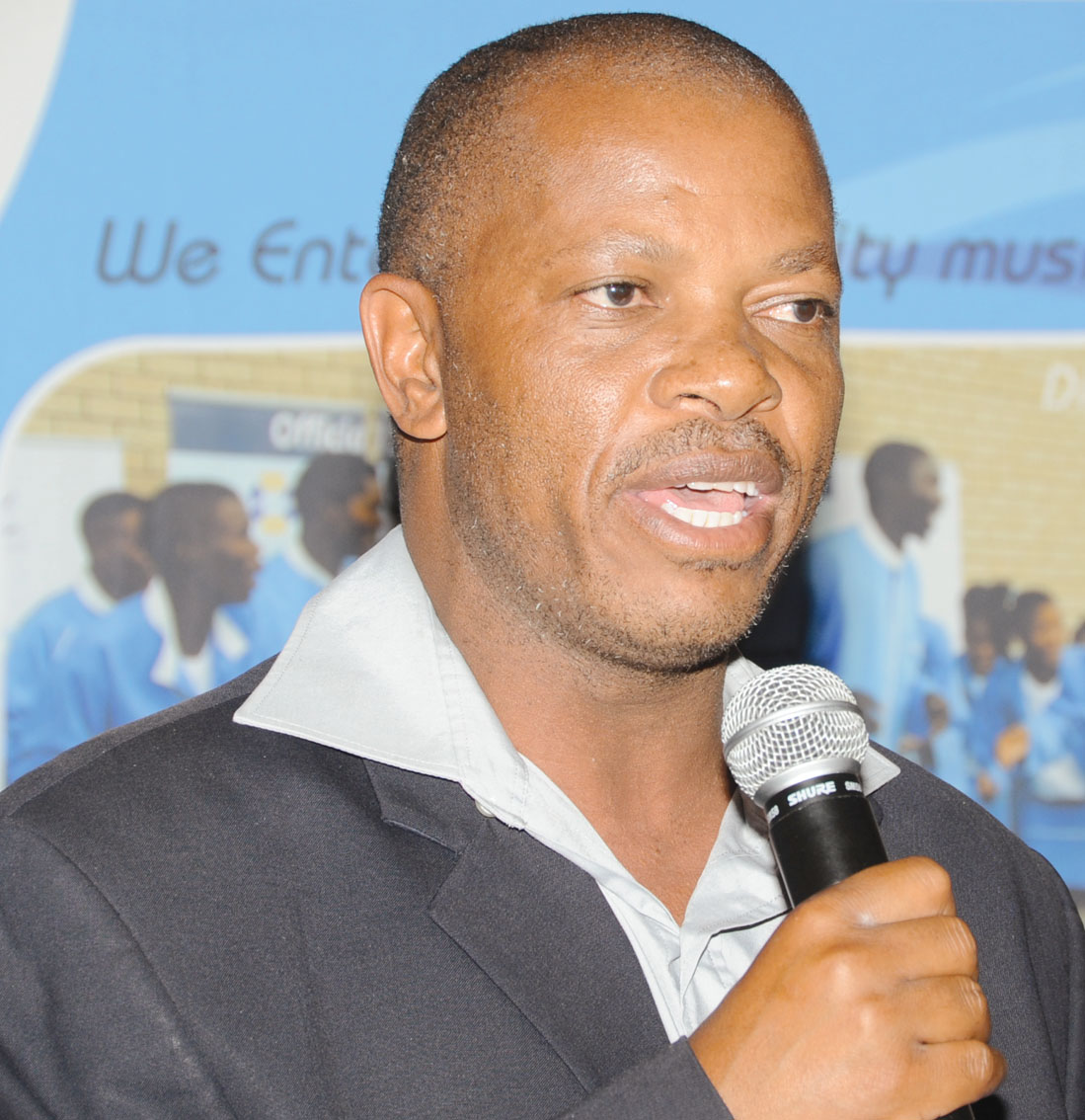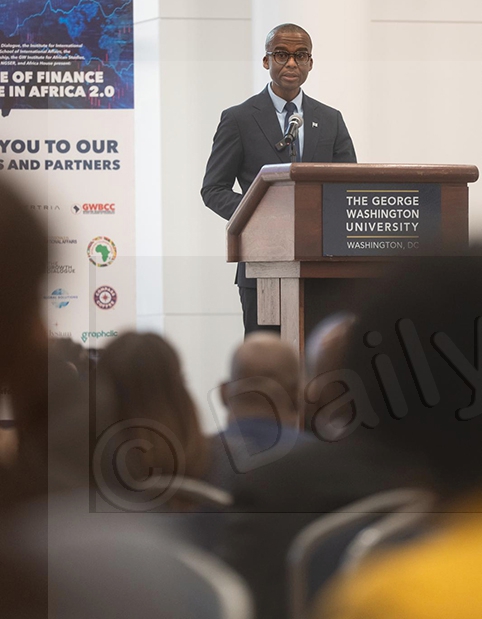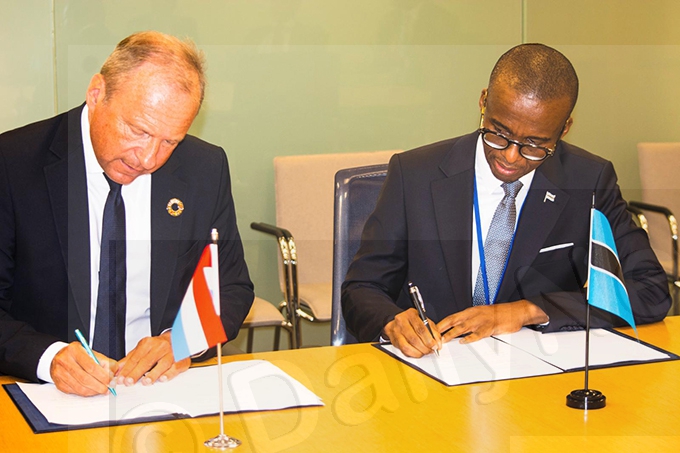Zimbabwe constitutional referendum reflects people's will
28 Mar 2013
Zimbabwe’s first ever referendum to be observed by the SADC Parliamentary Forum (SADC PF) has been viewed as a credible reflection of the will of the people of Zimbabwe.
A member of the SADCPF observer mission from Botswana Parliament, Mr Mmoloki Raletobana described the 2013 Zimbabwe Constitutional referendum that was held on March 16 as peaceful, free and fair.
In an interview, Mr Raletobana said according to their findings, the Zimbabweans were accorded the opportunity to freely express their will in deciding the outcome of the referendum.
He said it was worth noting that the referendum followed the terms of reference as guided by the norms and standards for elections in the SADC Region and the SADC principles and guidelines for democratic elections.
“The majority of the people of Zimbabwe were well abreast with issues drafted in the constitution as they had the opportunity to participate in its drafting,” he said.
The observer MP said that it was worth noting that the Zimbabwe Electoral Commission (ZEC) and other stakeholders had done their job to their level best to make sure that the exercise was a success.
The constitution provides for a special dispensation for women to have a representation of 60 women voted into parliament that comprises of more than 300 members of parliament. Also in the Zimbabwe Electoral Commission that comprises eight members, four of them will be women.
This draft constitution that is expected to be adopted by Parliament, will pave way for the national elections that will take place on June 29, he said.
This was the second constitution referendum in post-independence Zimbabwe following the first such referendum which was held in February 2000, during which Zimbabweans rejected the then draft constitution with 54 per cent of the voters voting ‘No’ against 43 per cent who voted ‘yes’.
The proposed constitution, among other things limits presidential powers and sets a two-term limit on the president while granting greater powers to parliament. The constitution also establishes a national peace and reconciliation commission to deal with past violence and human rights violations.
The document also buttresses Zimbabwe’s bill of rights protecting people from torture, cruel, inhumane and degrading treatment or punishment. A new constitutional court with powers above existing Supreme Court would enforce those protections. ENDS
Source : BOPA
Author : Mmoniemang Motsamai
Location : GABORONE
Event : Interview
Date : 28 Mar 2013







